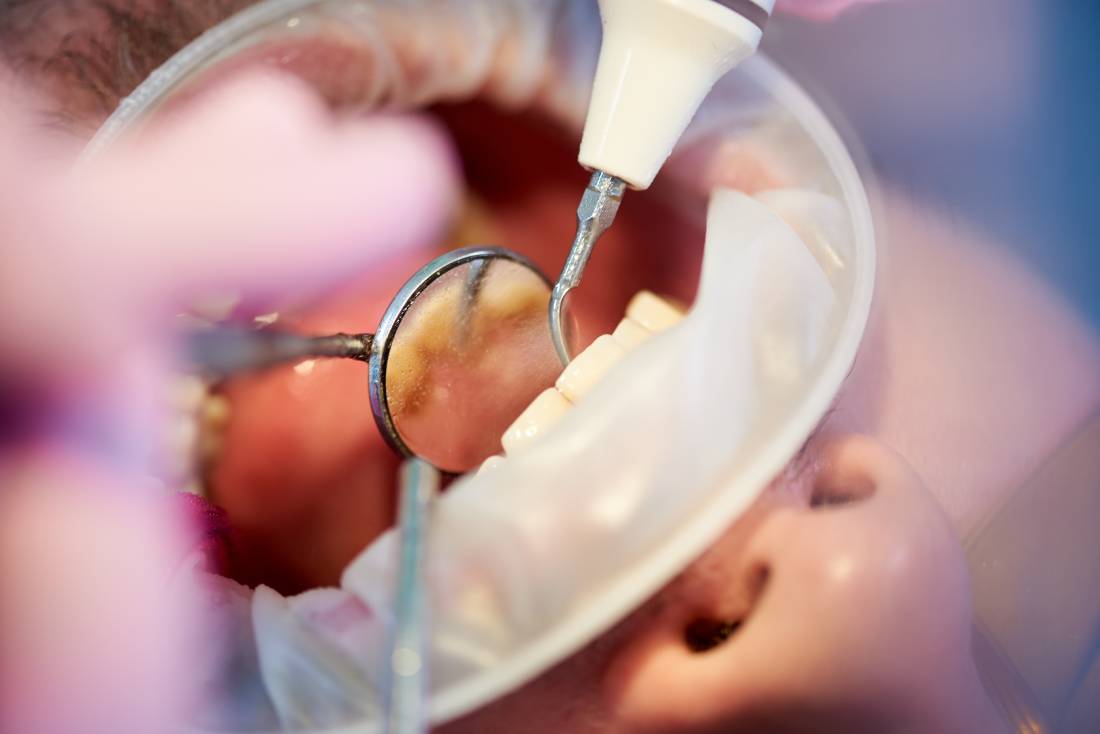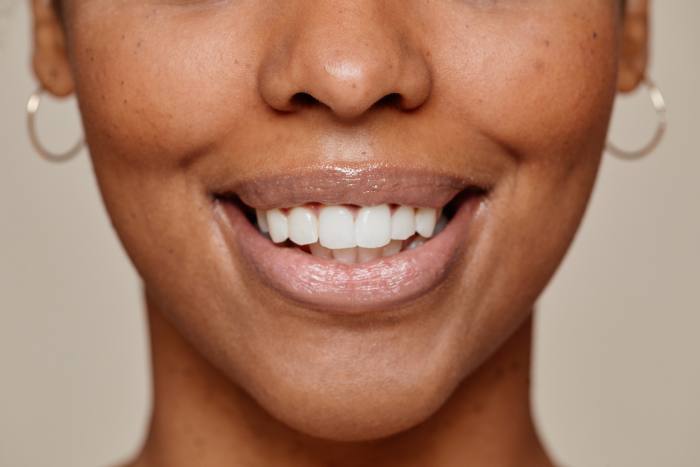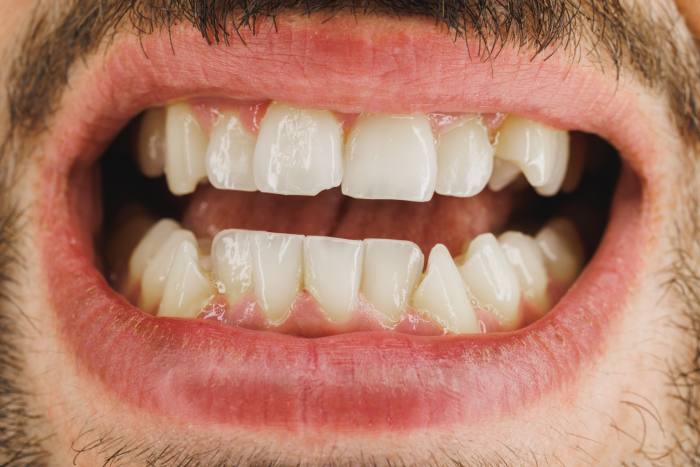Dental crowns are a common solution for restoring damaged or decayed teeth, providing strength, functionality, and aesthetic appeal. However, concerns about their stability often linger in the minds of patients. The fear of crowns falling out can be daunting, but understanding the factors influencing crown stability and adopting preventive measures can alleviate these worries.
Factors Contributing to Crown Stability
- Quality of Dental Work: The skill and precision of the dentist play a significant role in the longevity of dental crowns. A well-fitted crown with proper cementation is less likely to fall out.
- Underlying Tooth Structure: The health and integrity of the tooth beneath the crown impact its stability. If the tooth is severely damaged or decayed, it may compromise the crown’s support.
- Oral Habits: Clenching or grinding teeth (bruxism), biting hard objects, or using teeth as tools can exert excessive pressure on crowns, leading to loosening or dislodgement.
- Poor Oral Hygiene: Neglecting oral hygiene can cause gum disease and decay around the crown margins, weakening its foundation and increasing the risk of falling out.
- Material Selection: The type of material used for the crown (e.g., porcelain, metal, ceramic) influences its strength and durability. Choosing the appropriate material for the specific dental condition is crucial.
Preventive Measures and Maintenance Tips
- Regular Dental Check-ups: Routine dental visits allow dentists to assess the condition of crowns, detect any signs of instability early, and address them promptly.
- Good Oral Hygiene: Brushing twice daily, flossing, and using antimicrobial mouthwash help prevent gum disease and decay, preserving the integrity of the crown.
- Avoiding Bad Habits: Refraining from habits like nail-biting, chewing ice, or using teeth to open packages can prevent unnecessary stress on dental crowns.
- Wearing a Mouthguard: For individuals with bruxism, wearing a custom-fitted mouthguard at night protects the teeth and crowns from damage caused by grinding.
- Dietary Considerations: Limiting consumption of sticky or hard foods reduces the risk of dislodging crowns.
When to Seek Professional Assistance
Despite taking preventive measures, dental crowns may occasionally loosen or fall out. In such cases, it is essential to seek prompt professional assistance. Signs indicating a loose crown include:
- Sensitivity or pain while chewing
- Discomfort or pressure when biting down
- Noticeable mobility or movement of the crown
- Appearance of decay or darkening around the crown margins
If you experience any of these symptoms, contact your dentist immediately for evaluation and necessary treatment.
Conclusion
While concerns about dental crown stability are understandable, proactive maintenance and preventive measures can significantly reduce the risk of crowns falling out. By prioritizing good oral hygiene, avoiding harmful habits, and seeking timely professional assistance, patients can enjoy the benefits of durable and long-lasting dental restorations.
Schedule your next dental check-up with Ames Dentistry to ensure the stability and longevity of your dental crowns. Our experienced team is here to address any concerns and provide personalized care to maintain your oral health. Don’t wait until it’s too late—take proactive steps to safeguard your smile today!
Ames Dentistry provides dental care to two locations.








